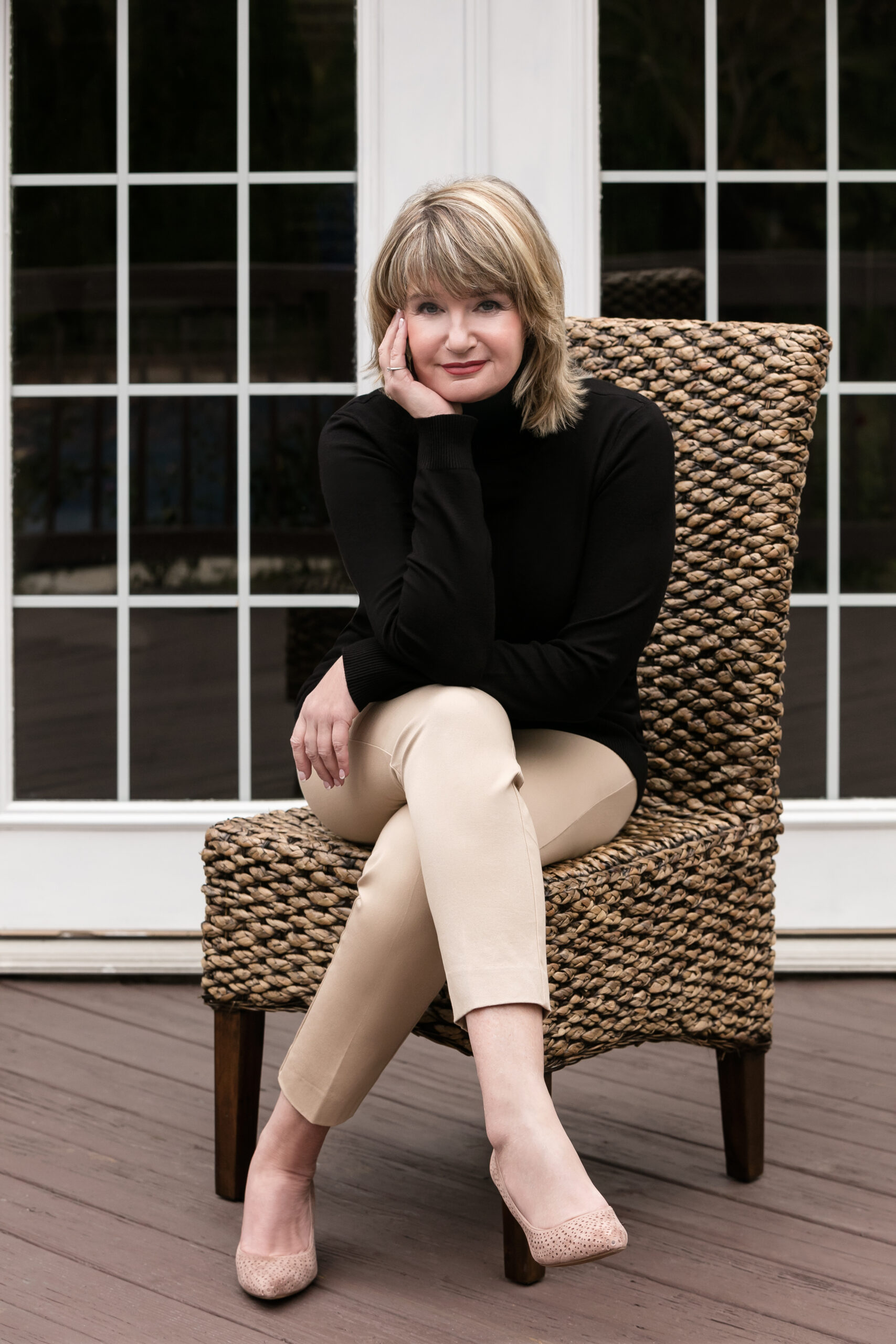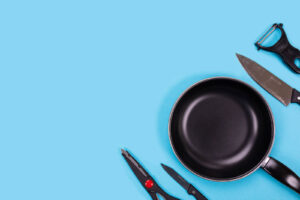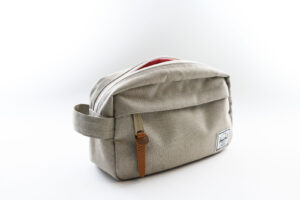By Arlene Karole, as told to Taylor Novak
As a CHCP [certified health care professional], I’m very involved with continuing medical education and educational interventions. But the ultimate goal of this credential is accelerating excellence in education and advocacy. It is really focused on improving patient care. I think that’s so important.
I appreciate that I’ve always had that [certification] throughout my career. I wrote an article at one point called ‘Educating the Educators’ because what I do in my job is help facilitate physicians, clinicians and nurses to connect with their patients. We ourselves have to continually be educated. So, when I got diagnosed with DCIS, which was initially missed by three tests, two mammograms and one ultrasound, it was my perseverance to seek out knowledge and try to understand things that really helped me.
By the time my physicians were calling me, I had already gotten my medical report from the medical records department and started my own research. In fact, one of the things I write about in my book is the seven steps of owning your diagnosis. Part of it is doing just that. Certainly, we’re not the medical professionals, but there is a lot of helpful science-based information out there.

When you go into a doctor’s office, you’ve got maybe a 20-minute window. If you don’t have your questions there, it’s likely they’re not going to get answered later. Unfortunately, our doctors are overwhelmed with so many different priorities these days. You have to go in armed, so to speak. And that’s the way I armed myself and educated myself as I researched some of the words on those medical exams and X-rays. When I went into my doctor appointments, I was ready to ask, ‘What does this mean? What are the options that I have?’
When I was walking out of my doctor’s door, I turned back to her and I said, ‘Look, I’m telling you, something doesn’t feel right.’ It was my gut instinct. And my doctor was like, ‘Arlene, you’re good. You’re fine.’ But I was getting this tiny little pinprick feeling in my right breast. I had my hand on the doorknob and was walking out the door and my doctor goes, ‘Wait. If you don’t need an authorization, then we will give you an MRI.’
Thankfully, I did not. I’ve always been blessed, lucky, whatever you want to call it, to have health insurance. I’ve never thought about not having health insurance. But the fact is, many people don’t even have health insurance to go for a checkup. So, for my book, I felt like I had to research organizations that can help women who don’t have the money.
Fast forward to now: The National Consortium of Breast Centers is planning out a day or two of educational programs based on helping doctors know and understand the patient’s perspective. Because it’s a tall hill to climb. I support doctors and what they do, and I know they have a lot on their plate, but the fact is that the number one reason we have health care is for the patient. That’s a really exciting thing that I’m involved in.
Cancer does not discriminate. It goes after the young, the old. When I was first diagnosed, I didn’t even know with anybody with breast cancer. To be honest, the first person I knew of was Rita Wilson because she shared the news in April of that year. I was embarrassed to talk to anybody about it, but I had to tell people I was going to be out of work for four to six weeks. Next thing you know, the floodgates opened, and I knew tons of people with breast cancer. It was like every single person I spoke to either had breast cancer or knew someone who did. Before coming into this space, I thought breast cancer was kind of cured. I didn’t think much of it and then here I am, you know?
You don't have to have any letters after your name to be knowledgeable.
I wasn’t planning on writing a book. I was just taking notes during my journey. But then I sat down and wrote 63,000 words in a few months. I feel as passionate today about helping other women and getting the word out. It’s about knowing that we are empowered, and that we have choices and that we can control and own our diagnosis.
It was horrifying to not have control over what was happening to my body. I think, in part, being able to research these terms helped me gain ownership. It helped me get a sense of control over what was happening to me. I felt like I just had to help others and get the word out.
Listen to your body and follow your instincts. If something doesn’t feel right, get to the doctor, whether it be your primary care physician first or your OB-GYN. Don’t ignore it. Don’t ignore the signs and possible symptoms. Research, research, research. You don’t have to have any letters after your name to be knowledgeable.
Also, bring someone with you. Make sure that you have someone who can also think with you and for you because in the midst of this chaos, you want somebody who can help you as well.
Arlene Karole is a certified health care professional (CHCP) and educator. She is also the director of the Office of Academic Engagement, Education and Communications in the Department of Cardiology at Northwell Health. Arlene serves as an adjunct assistant professor at St. John’s University in New York City. Based on her personal experience, her book “Just Diagnosed” is dedicated to helping others become self-aware and empowered by taking charge of a breast cancer diagnosis. She is active with the SHARE national breast cancer organization, a member of the National Consortium of Breast Centers (NCBC) and on the National Consortium of Breast Centers Conference Survivorship Planning Subcommittee (NCoBC).







